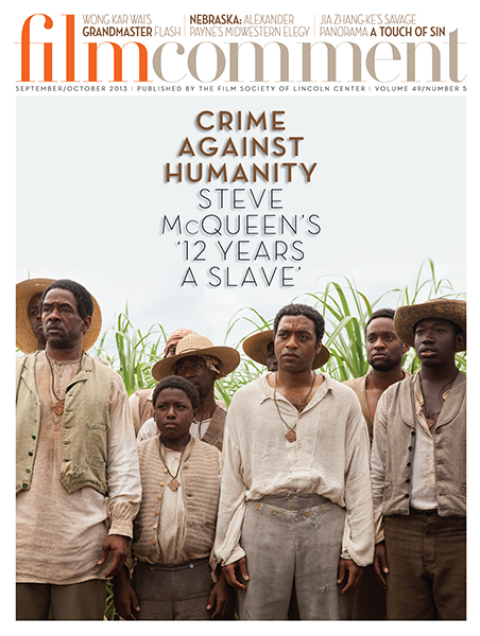Like the shadows blocking out key areas of the frame in a Val Lewton film, or the requisite locked attic door in a haunted-house story, the narrative ellipses that open Claire Denis’s murky, rain-soaked, profoundly upsetting film noir could be concealing anything—but it’s hard to imagine they’re hiding anything you’d want to see for yourself. Bastards is Denis’s tightest narrative in decades, but that’s not immediately apparent from the film’s opening series of shard-like vignettes: a well-dressed man straightens his tie in a dark, deserted office; a woman is led slowly away from a crime scene; a teenage girl stumbles home through the lamp-lit streets of Paris wearing only a pair of five-inch heels.

As the film continues, little details, shreds of context, facts, clues, and connections start to accumulate at painfully spaced-out intervals. The story, when it eventually emerges, concerns ship’s captain Marco (Vincent Lindon), who goes AWOL and rushes home following his brother-in-law’s suicide and the hospitalization of his young niece Justine (Lola Créton, she of the high heels), only to get caught up in the machinations of a depraved, sunken-eyed financier (Michel Subor). It’s not totally obvious what makes Denis’s trail of bread crumbs so thrilling to follow. Certainly there’s an element of morbid curiosity, but there’s also the urge not to leave any shadows unexplored or any doors unopened.
More to the point: is there, as a handful of critics have suggested, something questionable about Denis’s choice to make a film about victimhood that refrains from exploring the psychology of the victims? For all Créton’s natural, almond-eyed soulfulness, Justine remains an opaque enigma, while Chiara Mastroianni, playing Subor’s mistress, radiates loneliness and desperation but rarely seems to have a will of her own (that is, until she finally lashes out in a last-ditch act). Marco is our entry point into their sufferings, and he’s as much an outsider as we are: a passive, world-weary onlooker who’d rather be floating out at sea; the quintessential noir protagonist in over his own head. But all this, I think, serves to justify the supposed lack of empathy in Bastards. It suggests the extent to which the film’s shadowy corporate Paris is of a piece with Chinatown’s rotten-to-the-core Los Angeles, or the Chicago that told Tony Camonte in Scarface that the world was his: within a thoroughly amoral universe in which women are bought and bartered by men of absolute power, victimhood consists precisely in being commodified, flattened out, reduced to a cipher.

It’s fascinating to watch a filmmaker so sensitive to the expressive potential of faces, bodies, and surfaces working in a genre that denies its characters the freedom to show what they’re feeling (and in some cases, the freedom to feel, period). You can sense Denis straining to read something behind Créton’s classical-statue gaze or Subor’s drowsy movements, or the way the dim hall-light reflects off Mastroianni’s exposed back during a staircase love scene (one of the film’s few moments of genuine tenderness), or above all in the film’s parade of weathered, bleary-eyed faces. But the surfaces, for the first time in any recent Denis film, remain surfaces: closed off, impassive, tight-lipped.
What the film amounts to, then, is an admission of failure—even, perhaps, of guilt. The crudely shot video footage that gives Bastards its final, stomach-churning twist is the piece of evidence the rest of the film has been apprehensively circling, or possibly spiraling helplessly into, and it couldn’t possibly have come from a fixed, ceiling-mounted camera as the film suggests. It’s shot, after all, in Denis’s unmistakable roving handheld style, and from that footage we might infer that there’s still one more bastard to account for in the film’s lineup of victims and abusers: the director, whose camera can’t help but reduce its subjects to manipulable collections of pixels.








